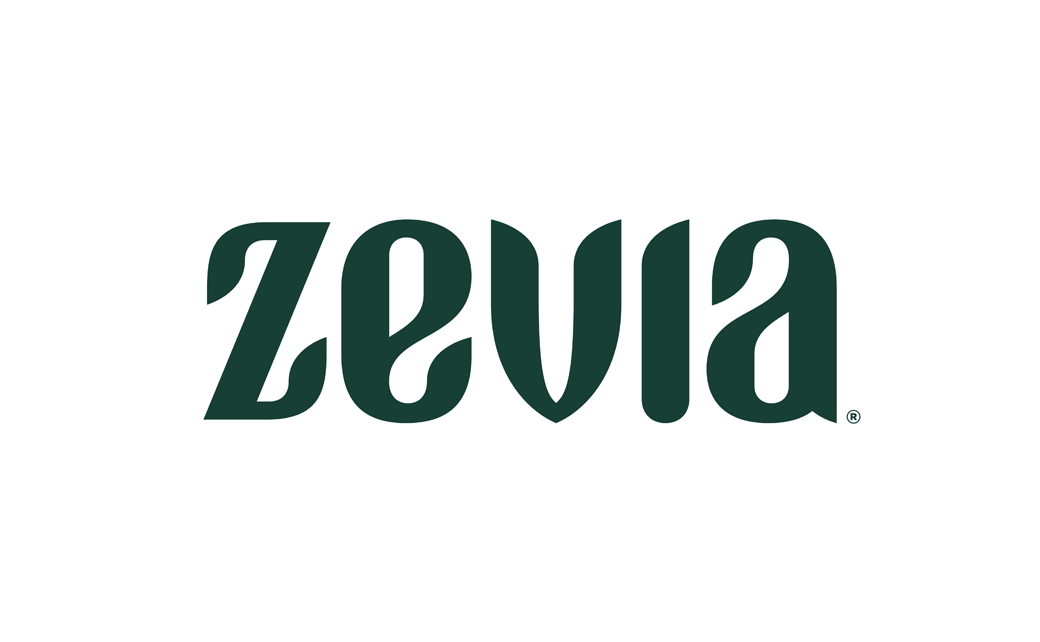How Election Years Impact Business and Hiring
Election years often bring uncertainty and change, which can significantly impact businesses, hiring trends, and talent acquisition strategies. As political debates intensify and potential policy shifts loom, companies frequently find themselves in a “wait-and-see” mode, adapting to the unique challenges that come with an election cycle. Let’s explore how this environment influences business operations and workforce planning, offering insights that will help navigate the uncertainties from a hiring and talent perspective.
Economic Uncertainty and Its Ripple Effects on Business Decisions
Election years are synonymous with heightened uncertainty, as businesses brace for potential shifts in policies that could impact everything from taxes to healthcare regulations. This climate often leads companies, particularly small businesses, to adopt a cautious approach, putting major investments, expansions, or hiring plans on hold until they have a clearer picture of the post-election landscape.
The hesitation to make significant business moves stems from the fear of operational costs potentially rising or profitability being threatened by policy changes. This pause in strategic decision-making can slow down growth and make companies more hesitant to take risks until political outcomes are determined.

Impact on Hiring and Talent Acquisition
One of the most notable effects of election years is the slowdown in hiring. Businesses often implement hiring freezes or delay recruitment until the election’s outcome is clearer. This pause is a reflection of the uncertainty around future policies and regulations that could affect wages, healthcare, taxes, and overall business costs.
While this cautious approach might be practical in the short term, it can lead to challenges in the long run. By delaying hiring, companies risk losing out on top talent who might choose to join competitors willing to take the gamble and hire despite uncertainties. A prolonged hiring freeze can also slow down a company’s momentum, impacting overall business development. For job seekers, the uncertainty translates into longer job searches and an increased opportunities for temporary or contract positions.
Adaptability becomes a crucial trait for both employers and candidates during these times.
Sector-Specific Impacts During Election Years
Not all industries are affected equally during election cycles. Some sectors, such as the Consumer Packaged Goods (CPG) industry, are particularly sensitive to shifts in policies, making them more susceptible to election-year volatility.
The CPG Industry operates within tight margins and relies heavily on factors like consumer spending, trade policies, and taxation, all of which can be significantly influenced by election outcomes. Changes in tariffs, trade agreements, or tax regulations during an election year can directly impact the cost of raw materials, manufacturing, and distribution, creating ripple effects throughout the supply chain. This uncertainty can lead to cautious hiring, delayed investments, and a more conservative approach to talent acquisition as companies navigate these potential changes.
For example, a proposed policy affecting trade tariffs could raise costs for imported ingredients, impacting CPG companies that rely on global supply chains. In such cases, businesses may delay hiring or expansion plans until they have a clearer understanding of how these policies will affect their profit margins.
Healthcare, energy, and finance are also typically at the forefront of policy discussions, and businesses in these industries are more likely to experience the effects of election-related uncertainty. Companies in these sectors, as well as in the CPG space, need to be vigilant, staying informed about campaign promises and potential regulatory changes that could impact their operations and workforce needs.
For instance, an energy company’s hiring decisions might be influenced by proposed policies on environmental regulations, while a healthcare firm’s recruitment strategies could be affected by potential changes to healthcare laws and funding. Similarly, a CPG company might adjust its talent acquisition strategy based on proposed changes to labor laws, minimum wage requirements, or tax incentives that could alter operational costs.
By staying adaptable and informed, CPG companies and others in sensitive sectors can better navigate the uncertainty that election years bring, ensuring they’re prepared for potential shifts in the regulatory environment that could affect their workforce and overall business strategy.
Policy Uncertainty and Its Broader Economic Implications
The Economic Policy Uncertainty (EPU) Index, which measures uncertainty based on media coverage, expiring tax provisions, and economic forecasts, consistently shows spikes during election years. These spikes often coincide with major global events, such as the 2020 election that was compounded by the COVID-19 pandemic.
This heightened policy uncertainty affects business planning, investments, and hiring decisions, as companies seek to minimize risk until there’s greater clarity on how future policies might affect them. Moreover, monetary policy uncertainty, as seen in recent years, adds to the challenges faced by businesses, requiring them to be more cautious about their financial strategies.
Consumer Sentiment and Business Investment
Consumer sentiment plays a critical role in how businesses react to election years. During these periods, consumers often feel more anxious about the future, which can affect their spending habits. This shift in consumer confidence can lead businesses to delay investments, expansion plans, and hiring decisions until there’s more certainty about the political landscape.
Interestingly, studies suggest that consumer sentiment is influenced by whether their preferred candidate wins or loses. This sentiment affects how optimistic or pessimistic individuals feel about their personal finances and the broader economic outlook. As businesses adjust to these shifts in consumer behavior, their hiring strategies may become more conservative.

Navigating Election Year Uncertainty: Strategies for Businesses
Despite the challenges that election years present, businesses can take proactive measures to remain resilient:
Leverage Staffing Partnerships: Companies can work with staffing agencies to remain agile and responsive to immediate hiring needs without overcommitting resources in an unpredictable environment.
Contingency Plans: Establishing strong contingency plans helps businesses stay prepared for potential policy shifts, allowing them to adjust their hiring and workforce strategies accordingly.
Focus on Flexibility: Maintaining operational flexibility and being willing to adapt to changing circumstances is key to navigating the uncertainties that come with election years. This adaptability can transform potential challenges into opportunities for growth and talent acquisition.
Conclusion
Election years undeniably introduce uncertainty that affects businesses, hiring practices, and talent acquisition. By understanding how these cycles influence different sectors and adopting flexible strategies, companies can not only weather the storm but also find opportunities for growth and expansion. Remaining informed, adaptable, and proactive will help businesses navigate the complexities of election years while maintaining a strong and capable workforce.

.jpg?width=352&name=Human%20Resources%20Photo%20(1).jpg)














